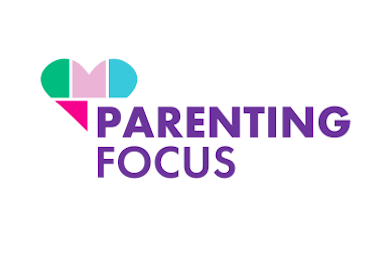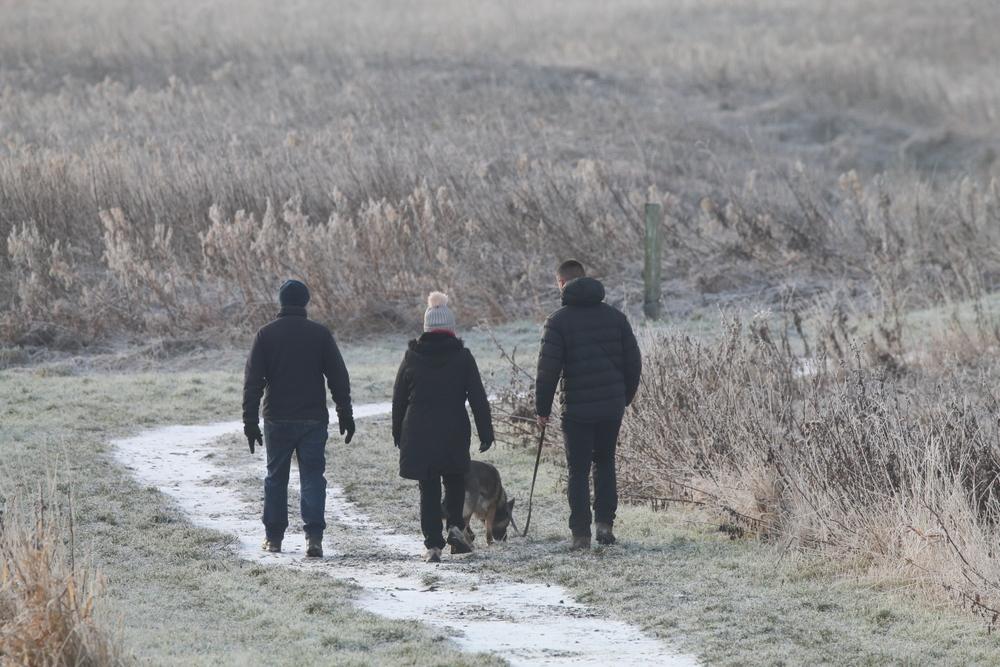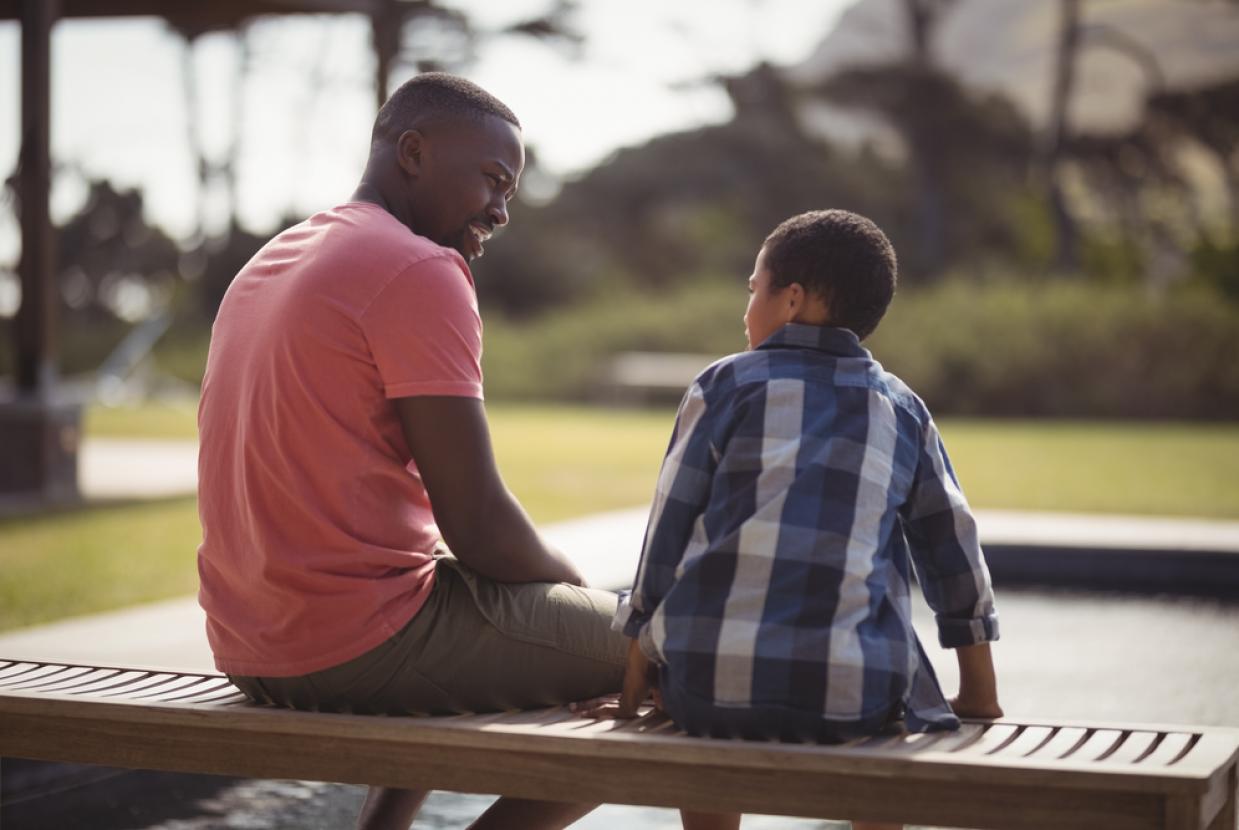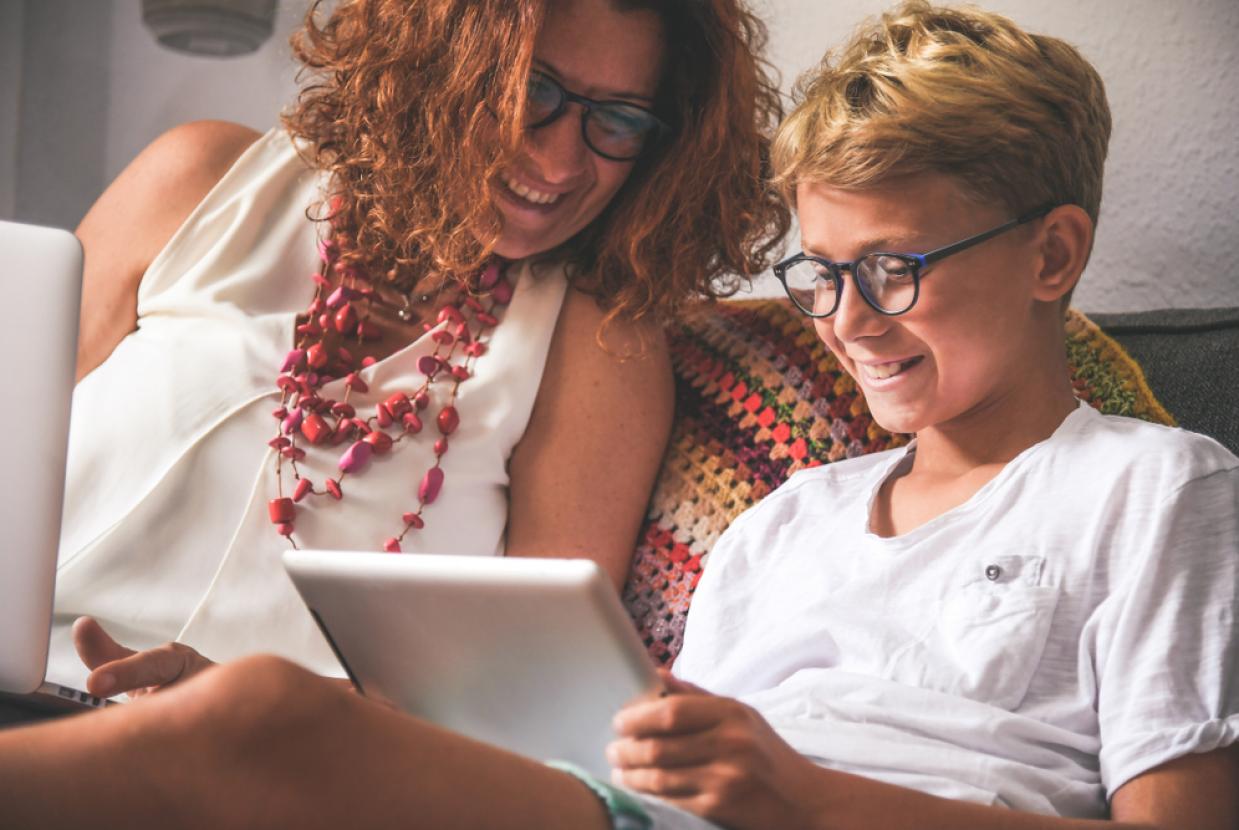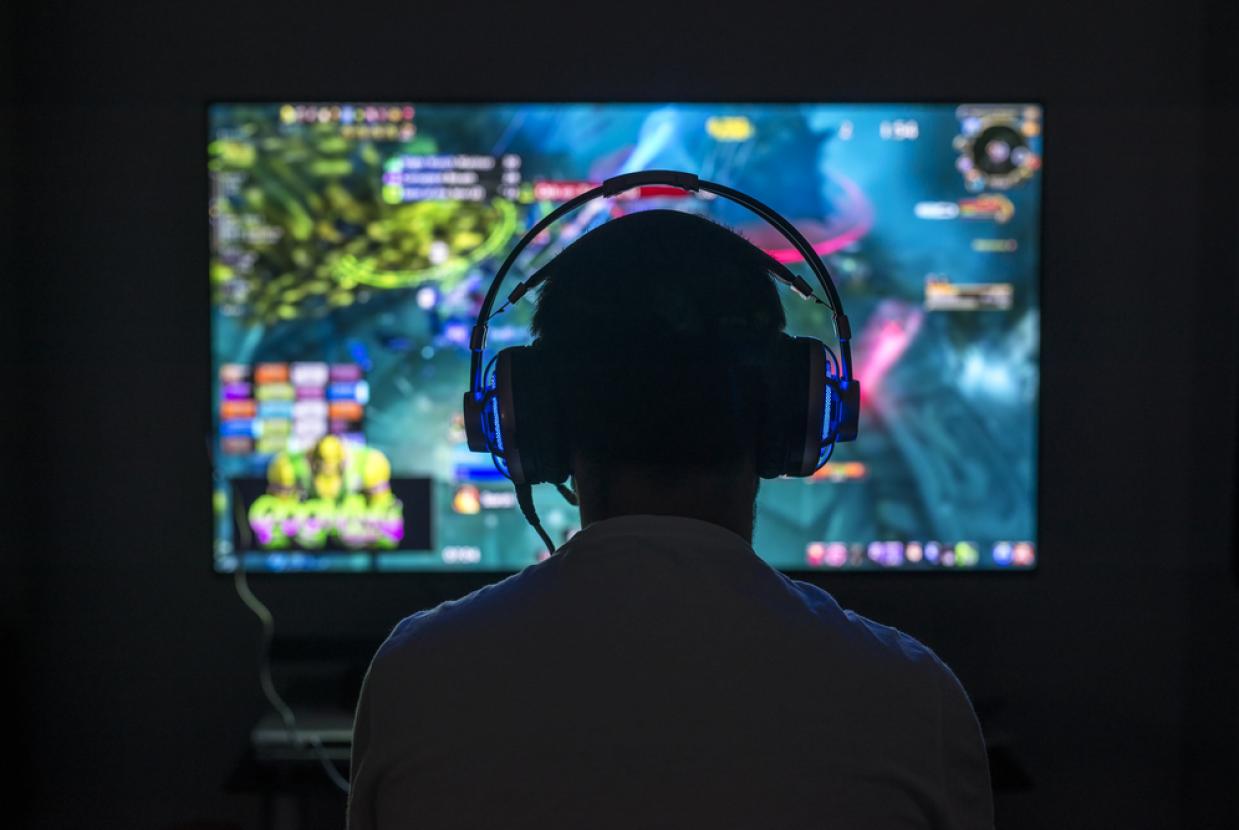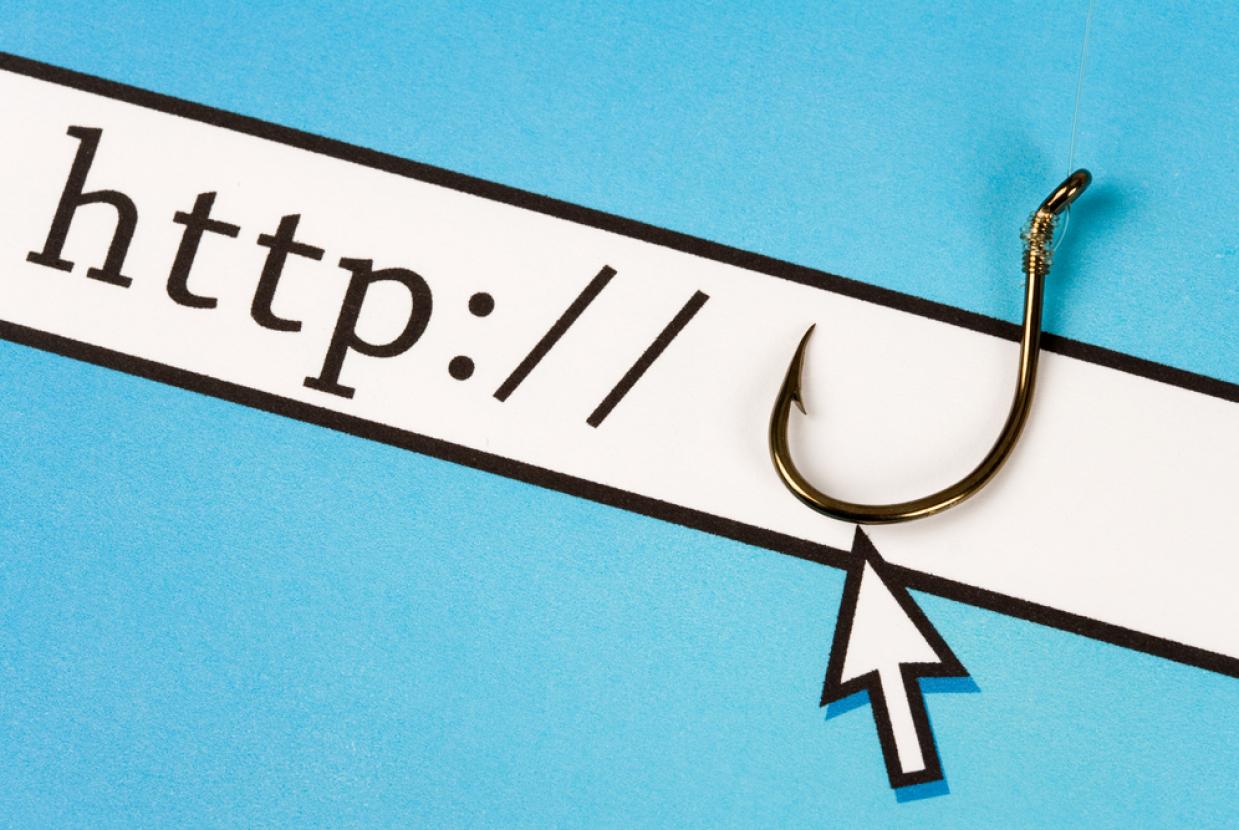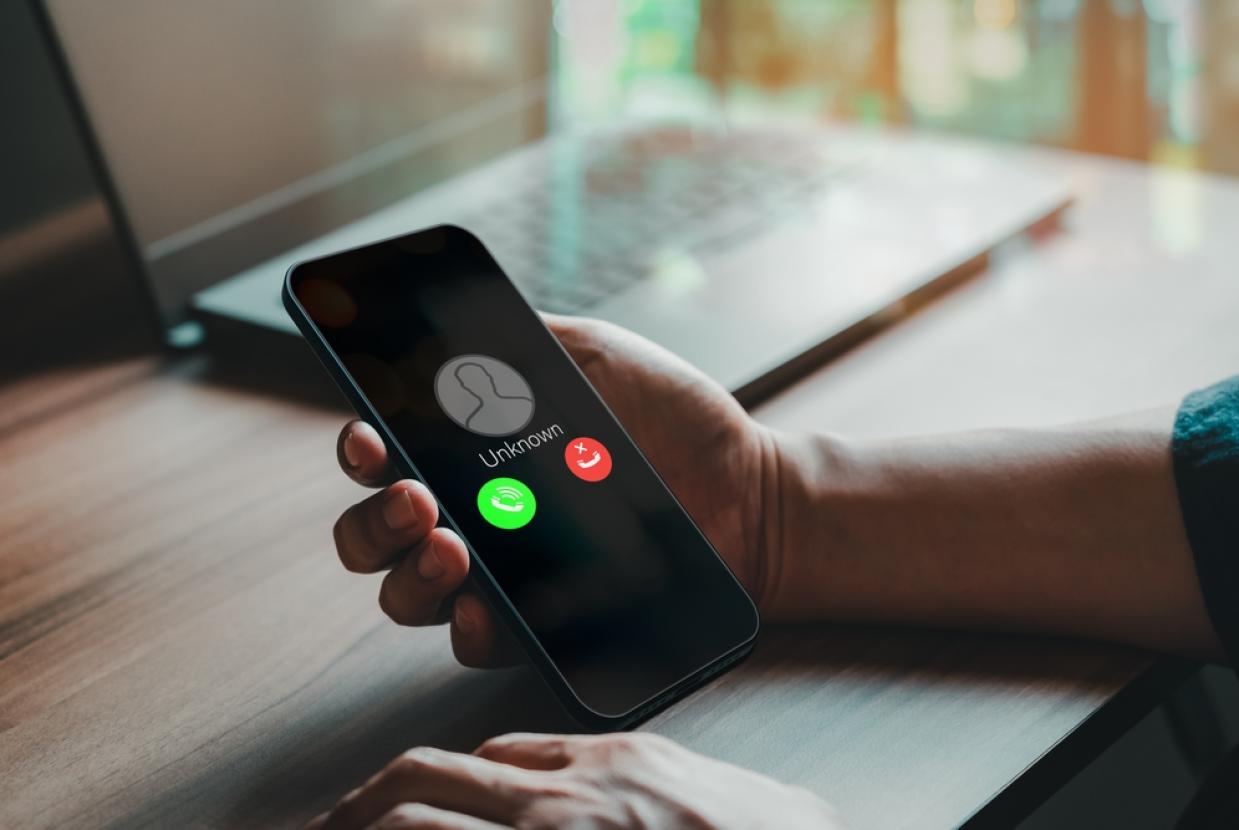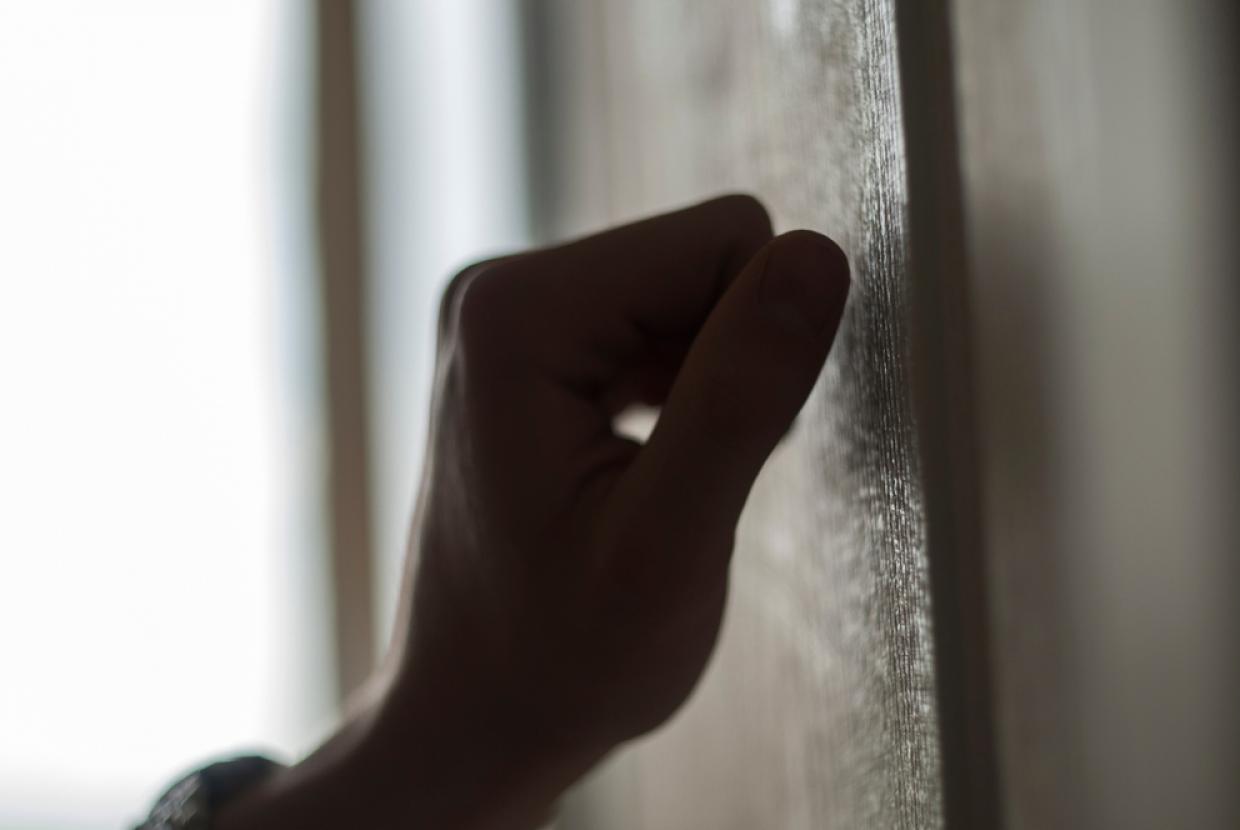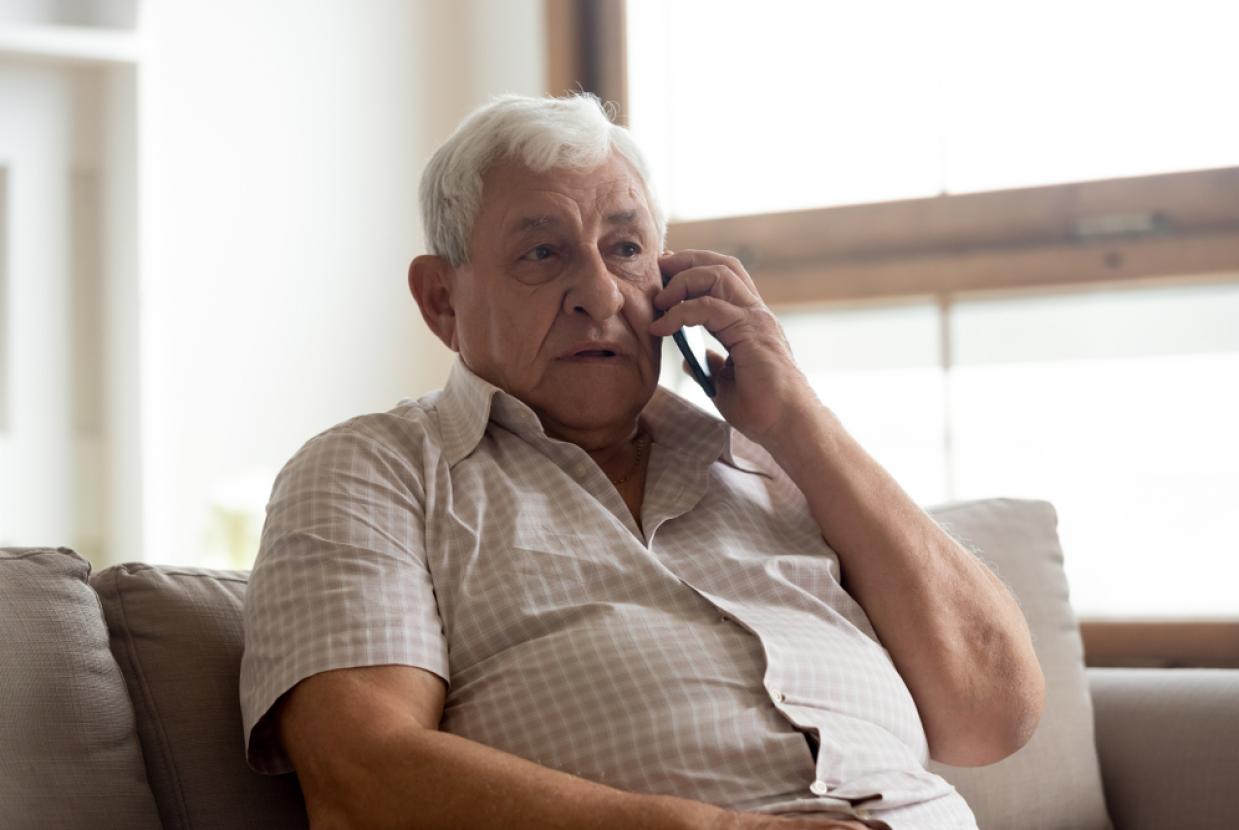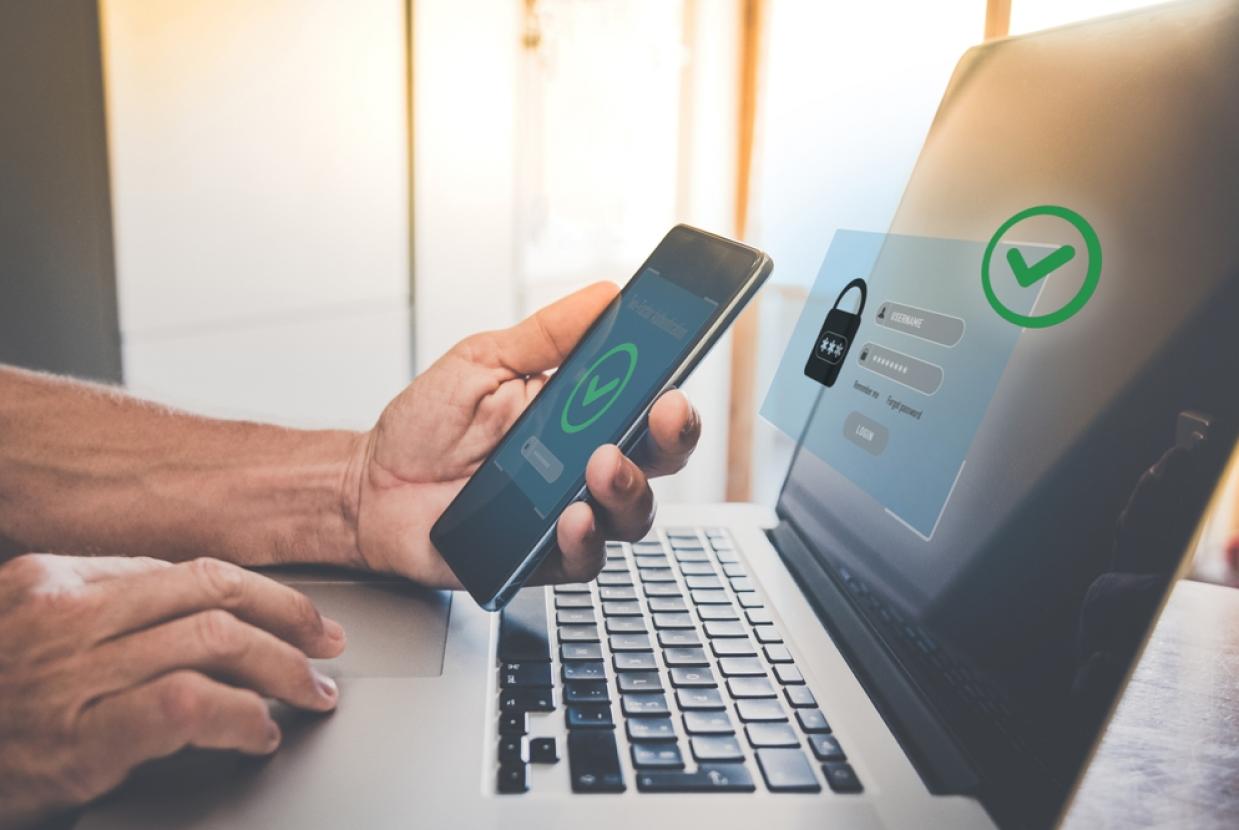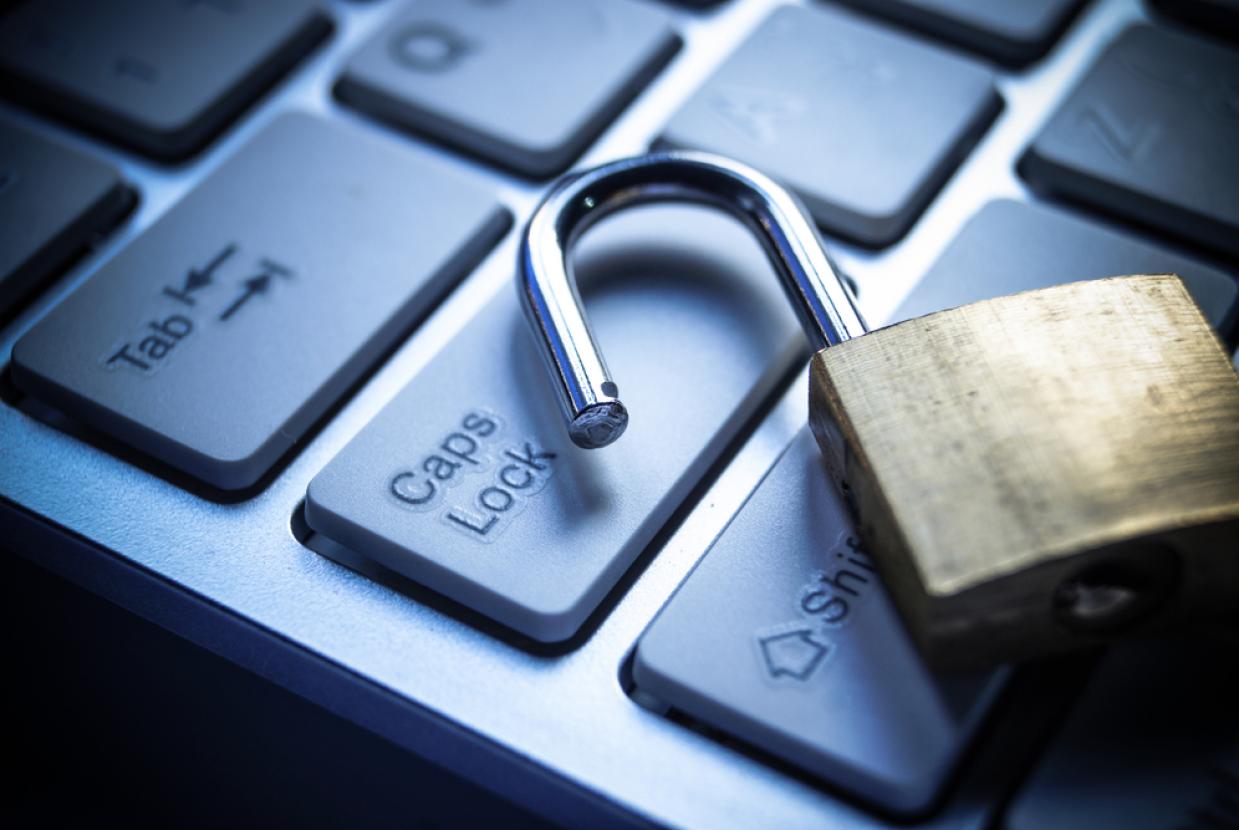Keeping Children Safe Online
Cyber Security / Family HealthMany children in today’s society have easy access to the internet, whether it be using their smartphone, computers, tablets, at home, in school or with friends. UNICEF reported ‘’globally, one in three internet users is a child’’.
Therefore, as parents are not always in control of what their children see online, it is important that parents are educated on how to keep their children safe online. This article will focus on defining the types of online risks children maybe be subjected to, help parent to recognize the signs that their children may be at risk and provide some top tips on ‘how to keep children safe online’.
Online Usage for Children and its Risks
Ofcom noted the number of children having an increased access to the internet, their figures state:
- Children aged nine and 10 using as smartphone has almost doubled from 23% in 2018, to 50% in 2020, and by the age of 15 almost all children have one 94%
- WhatsApp is used by almost two thirds of older children, which has increased from 43% in 2018 to 62% in 2020, Facebook 62%, Snapchat 68% and Instagram 66%
- One in seven older children in the UK use TikTok, an app that allows users to create a 15-second video, an increase from 8% in 2018 to 13% in 2020
Online Risks
The internet can be dangerous for everyone, but children in particular are more vulnerable. An online risk is the likelihood of a person being exposed to a danger or adverse situation, during their time online. Children can be at risk on the internet from people that they know or strangers.
Online risks can take place through electronic devices with access to the internet, such as:
- Smartphones
- Apps, for example, TikTok, Snapchat, Instagram, etc.
- Social networking sites, for example, Twitter, Facebook, WhatsApp, etc.
Recognising the signs that your child has been exposed to an online risk
It is important parents are able to recognise signs that their children may be experiencing abuse online, for example, your child may:
- Becomes obsessive about being online
- Spend an increased or decreased amount of time online
- Show emotions of sadness, anger or irritability after being online
- Keeps secrets about what they are doing online, for example, turning off their phone or laptop when you enter the room
- Talk about new ‘friends / people’ they’ve met online
- Be withdrawn from family activities after using the internet
- Receives phone calls or texts from people or numbers you don’t recognise
- Receives gifts of packages from an unknown person
- Is looking at inappropriate content
Tips on How to Keep Children Safe Online:
Report abuse: this is an important step to take when something goes wrong in order to keep your child safe online. You should explain to your child the importance of talking when something goes wrong online and if they are feeling scared. Reassure them everything will be okay and they are not in the wrong. In the case of abuse, firstly, you should report abuse to the website or app being used (there is often a section in setting which allows you to report abuse, sometimes it may be under the tab ‘help’).
If you feel the abuse is more serious and requires immediate attention it is important that you contact the police and file a report. It is important you talk to someone you trust if you are feeling overwhelmed or stressed about your child’s online safety. You can also contact a local charity such as Parenting NI based in NI or NSPCC operating Nationally if you have concerns about your young persons online use.
Teach your child the importance of keeping safe online: showing your child how to keep their profiles on private (refer to Parenting NI links for specific app guides). This option is often found in settings under the tab ‘privacy’. You should also stress the importance of setting passwords and not sharing personal information online.
Encourage your child to speak openly about their online activity: this will allow you to build up a trust with your child and keep control of what they are doing online.


